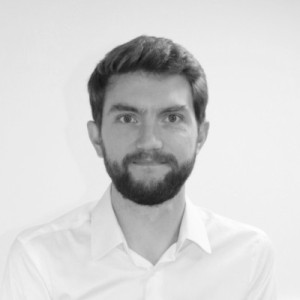- Video Library
- Thomas Brichart Presents MexBrain at LSI Europe '23
Thomas Brichart Presents MexBrain at LSI Europe '23
shaping the future of
Medtech at LSI USA ‘26
Waldorf Astoria, Monarch Beach

Thomas Brichart
I have focused my research on nanomaterials synthesis as well as on coordination chemistry. I am currently the general manager of MexBrain since its creation in 2017. Before that I was chief technical officer of another startup (Glincs) for 3 years, a company specialized in the research, development and production of fluorescent tracers based on chelates and their associated detectors. I have co-authored 14 papers and 12 patents.
Thomas Brichart
I have focused my research on nanomaterials synthesis as well as on coordination chemistry. I am currently the general manager of MexBrain since its creation in 2017. Before that I was chief technical officer of another startup (Glincs) for 3 years, a company specialized in the research, development and production of fluorescent tracers based on chelates and their associated detectors. I have co-authored 14 papers and 12 patents.

17011 Beach Blvd, Suite 500 Huntington Beach, CA 92647
714-847-3540© 2026 Life Science Intelligence, Inc., All Rights Reserved. | Privacy Policy







